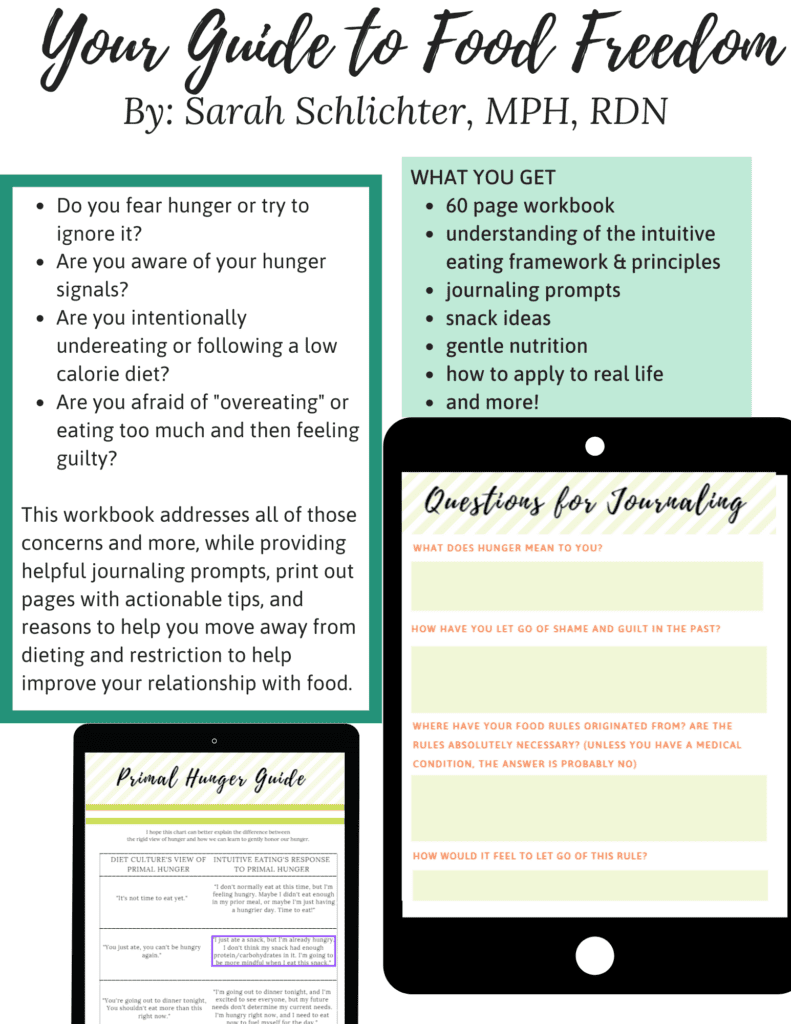How To Overcame Exercise Addiction
- June 12, 2019
- Last Updated: March 12, 2024
- 3 Comments
- Running
Exercise addiction can be a self-sabatoging thing, and it’s something you may not know you have until it’s too late, or it’s already impacted your life.
This post about exercise addiction was written by my intern, Hope. Thank you, Hope, for sharing your experience!
Exercise may not be the word that comes to mind when you hear the word, “addiction,” but exercise addiction is a very real problem. Exercise addiction (or compulsive exercise) is actually more common than most people realize.
While the motivation and reasoning behind exercise addition varies from person to person, common root causes include:
- negative body image
- eating disorder
- difficulty resting or slowing down
- desire for physical fitness
- obsession with the post-workout “high” that endorphins bring
Interestingly enough, exercise addiction plagues those who also struggle with dieting, as they view both exercise and food as a means to reach their goal of having a certain body shape and size.

My Story With Exercise Addiction
I struggled long and hard with exercise addiction until the fall of this past year. Having swam competitively for almost all of my childhood, like many of the girls on my various teams, I succumbed to the pressure of working out excessively to achieve my ideal body weight (thanks, wellness culture).
I also felt pressured to try to reach unrealistic standards of athletic performance.

To give you an idea of how excessively I exercised, I worked out 10+ times per week, took a rest day maybe once every two weeks, and deeply dreaded travel and vacations because I didn’t know if I would have access to an adequate gym or time to exercise.
In June of last year, I started having extreme pain in my right foot, but I wrongly chose to “push through the pain” and exercised according to my normal, extreme regimen.
In September, I finally chose to go to the doctor, and I spent October through March alternating between a boot and crutches to heal a bone disorder that involved multiple stress fractures and fluid in my bone.
Even in the boot, I tried to continue exercising, but I eventually realized that my bone needed complete rest to heal properly.

For the first time, I took three whole months off of exercising this year. Don’t get me wrong, I’m so glad to be healed and back in the gym, but learned so much during my time off about how I’ve thought of and used exercise so improperly.
As I get back into fitness, I bring these take-aways with me so that I can strike a healthy balance of exercise and rest without falling back into the pitfall of exercise addiction.
What I Learned About Myself and Exercise Addiction Through My Injury
Excessive Exercise Will Not Help You Achieve Your Fitness Goals
Both sleep and rest days are necessary to improve health and fitness. For instance, your muscles need at least 2 days to mend themselves after strength training, and if they aren’t given this time, you won’t gain as much strength as you could if you rested.
Sleep prompts a similar regeneration of muscle, so skipping sleep for an extra workout is almost never a bright idea.
Plus, your stress hormones will be through the roof.

Even if you’re doing more cardio than strength training, your body still needs rest. If you repeatedly exhaust your body day-in and day-out, chances are you’ll be too exhausted to reach any PRs.
Overexercise can lead to chronic tightness or muscle aches, and you’ll also be more prone to injury, since maintaining proper form takes energy that your body won’t have.
And from personal experience, I didn’t reach my fitness goals through exercising excessively. Instead, I reached my fitness goals once I started embracing a balanced lifestyle that included rest.
Yes, it’s counterintuitive, but it’s true.
Exercise Addiction Predisposes You to View Food Through an Unhealthy Lens
Countless times, I made mindless decisions about what I ate throughout the day. Then, I would go on a run at the end of the day to burn off any calories that I wish I hadn’t consumed.
Every time I made careless choices with my food, I encouraged exercise addiction.

Every time I gave into unhealthy exercise, I affirmed careless choices with my food. As you could image, this was not healthy for my body image or view of food — I thought of food as the enemy and exercise as the means to defeat it and it was a vicious cycle.
I would honestly say that, post-exercise addiction, I have more freedom with my food choices than ever before. I can enjoy the pizza or ice cream that I’m eating because I’m not worried about the cardio that used to come afterwards.

With this mindset shift, I now know that choosing not to work out after a big meal is part of achieving balance, not a product of laziness.
Over-Dependance on Exercise Decreases Your Appreciation for Other Things
In the peak of my exercise addiction, my family took a vacation to Turks and Caicos. I was miserable the whole time because we were lounging on the beach, not walking places and being active. There’s nothing wrong with being active on vacation, but working out on a break is not necessary like I thought it was.
If I could relive that trip to Turks and Caicos, I would resolve to rest during the trip. I would plan massages on the beach and take a couple of good books.
Sadly enough, the list of things I missed out on because of exercise addiction isn’t limited to travel. I missed out on movie and game nights, sunsets on the lake, and even attending high school sporting events because I felt like I had to go to the gym instead. Further, the stress of always planning my next workout was constantly held over my head.
Yeah, I missed the joy in a lot of big things, but I missed the joy in a lot of the little things, too.

Exercise is Ultimately a Tool to Benefit Your Overall Health
Exercise is designed to make you mentally, emotionally, and physically healthier through engaging in intuitive movement that you enjoy. Now that I have overcome exercise addiction, I feel more equipped to give my body what it needs on any given day. If I wake up in the morning with lots of energy, I might choose a run, but if I’m sore or or a little groggy, I might go to a yoga class instead or completely rest.
I challenge you to evaluate your motives. Are you exercising for yourself and your own benefit, or are you working out to earn someone else’s or society’s approval? I hope you learn from my mistakes instead of making your own.
Have you ever experienced exercise that doesn’t bring you joy? How did you handle it?
Support Bucket List Tummy




























Like This Content?
Support Bucket List TummyGreat post! Just as a heads up, there’s a typo in your graphic.
Thank you Sarah & Hope…
Great post Hope! I’m glad to hear you’ve overcome the addiction.